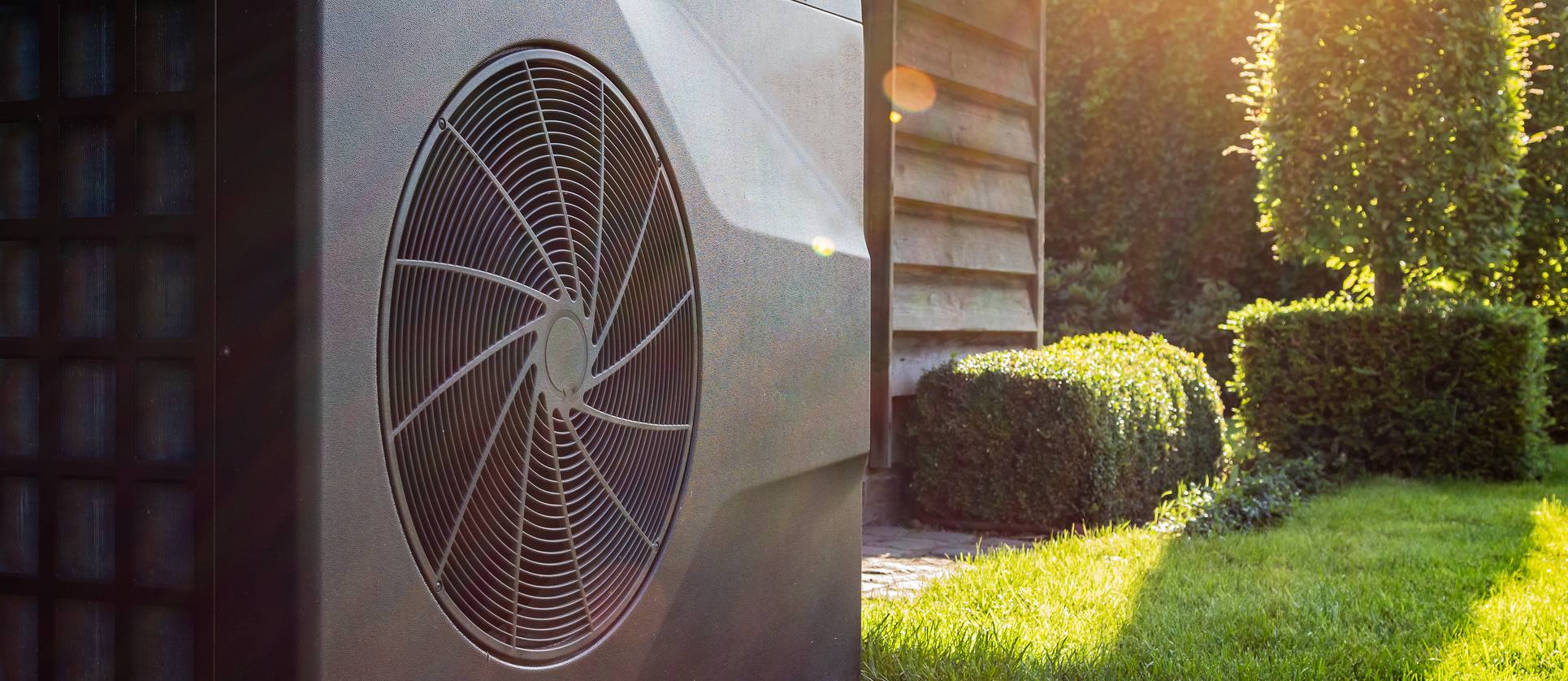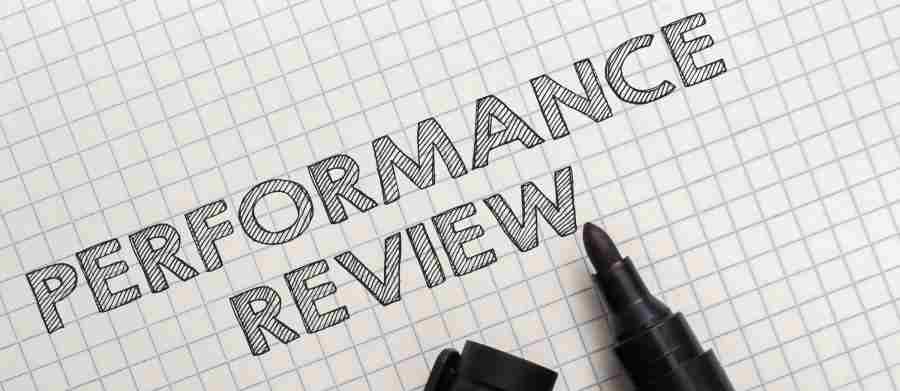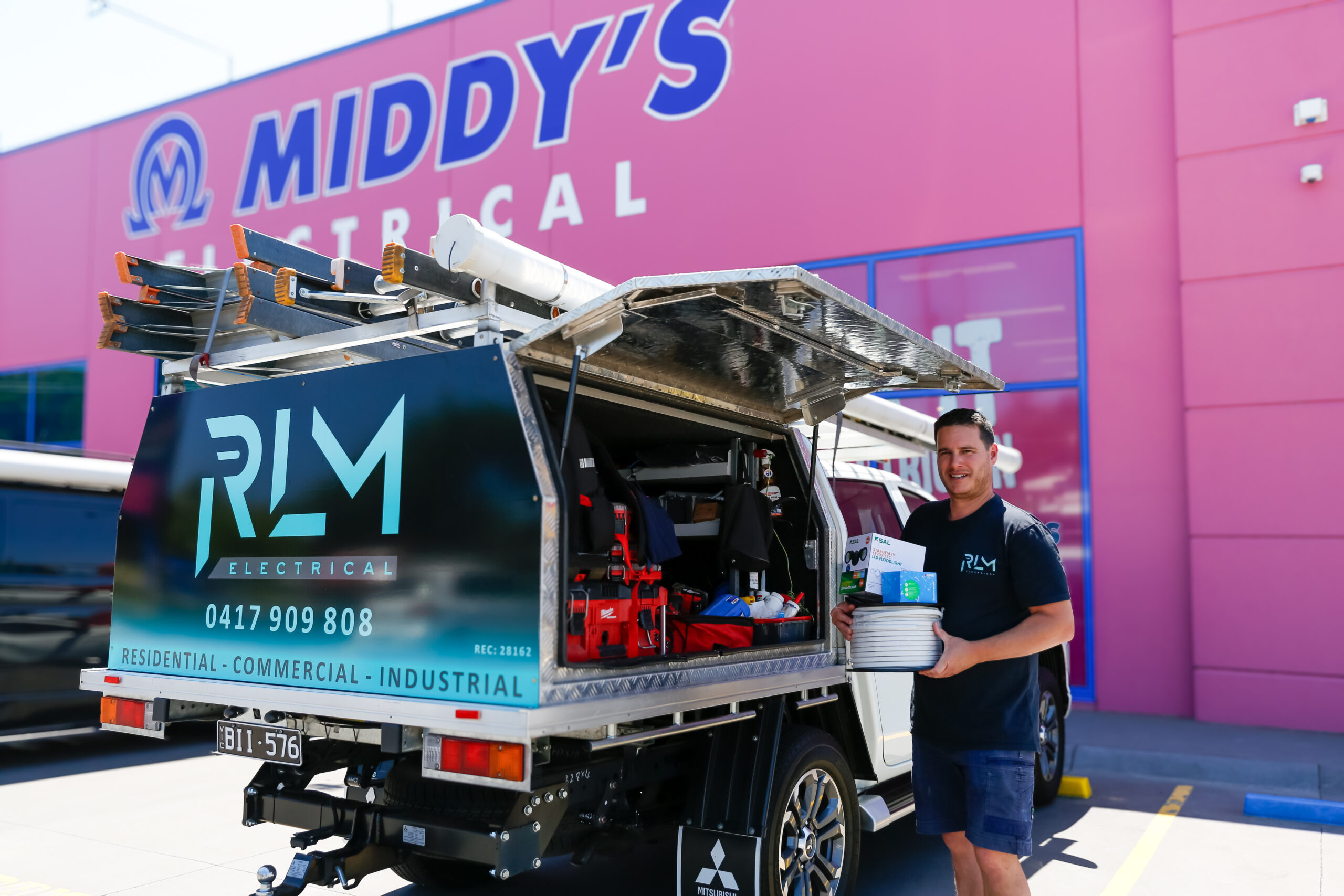Heat pump maintenance – a guide to keeping heat pumps working
When it comes to heat pumps, what do we need to know about maintenance? Wayne Bonnie of Master Electricians Australia gives us the lowdown.
Heat pumps work by transferring heat from the outside to the inside during the winter months, and reversing the process during the summer months.
However, like any other mechanical system, heat pumps require regular maintenance to ensure they function optimally and efficiently. In this article, we’ll explore the various aspects of maintaining heat pump systems.
Share this information with your clients, too – it’s a good value add and helps them understand what they should be doing themselves, and when they need to call in the experts.
How often should you maintain a heat pump?
Regular inspections are essential to identify any potential issues with the heat pump system. Inspections should be performed at least twice a year – once before the start of the heating season and once before the start of the cooling season.
During the inspection, you should check the electrical connections, refrigerant levels, and airflow, as well as checking for any signs of wear and tear on the components and replace them if necessary.
Regular inspections can help prevent unexpected breakdowns and prolong the life of the heat pump system.
How often should you clean a heat pump?
The filters in a heat pump system are responsible for removing dirt and debris from the air before it is circulated throughout the home or building. Over time, these filters become clogged and can reduce the efficiency of the heat pump system.
As a result, it is important to clean or replace the filters regularly. In general, filters should be cleaned or replaced once every three months. However, this may vary depending on the usage and environment.
A dirty filter can cause a variety of problems, including reduced airflow and increased energy consumption.
Regular filter maintenance can help maintain the efficiency of the heat pump system and improve indoor air quality.
Cleaning heat pump outdoor unit
The outdoor unit of a heat pump system is exposed to the elements and can become dirty over time. Dirt and debris can accumulate on the unit and reduce its efficiency. To prevent this, the outdoor unit should be cleaned regularly, too.
This can be done using a garden hose and a soft-bristled brush. However, care should be taken not to damage the fins or coils of the unit. It is also important to turn off the power to the unit before cleaning to eliminate electrical risks.
Checking heat pump refrigerant levels
Refrigerant is the substance that transfers heat in a heat pump system. Low refrigerant levels can decrease system efficiency and increase energy consumption.
As a result, it is important to check the refrigerant levels regularly. If the levels are low, a HVAC technician should identify and repair any leaks.
It is important that clients know that adding refrigerant is not a DIY task and should be left to a trained professional.
Lubricating a heat pump
The moving parts of a heat pump system, such as the fan motor and blower motor, require lubrication to function smoothly. Over time, the lubricant can become depleted, causing the parts to wear down and reduce the efficiency of the heat pump system.
To prevent this, the moving parts should be lubricated regularly. This can be done using a few drops of oil on the lubrication points. It is important to use the correct type of oil specified by the manufacturer to avoid any damage to the parts.
All servicing should be done to the manufacturer’s requirements and specifications. The maintenance manual should be consulted before undertaking any work.
Keeping heat pumps working
Regular maintenance is crucial for the efficient and optimal functioning of heat pump systems. It not only prevents unexpected breakdowns but also prolongs the life of the system. Regular inspections, cleaning and replacing filters, cleaning the outdoor unit, checking refrigerant levels, and lubricating moving parts are all essential components of heat pump system maintenance.
By following these maintenance practices, heat pump systems can operate efficiently and provide reliable heating and cooling for years to come.
If you or your workers have questions about heat pumps, electrical installations, or standards requirements, all Master Electricians have unlimited access to the MEA Technical Hotline. Phone 1300 889 198 today to speak to the experts.





Comments (0)
Write a Comment